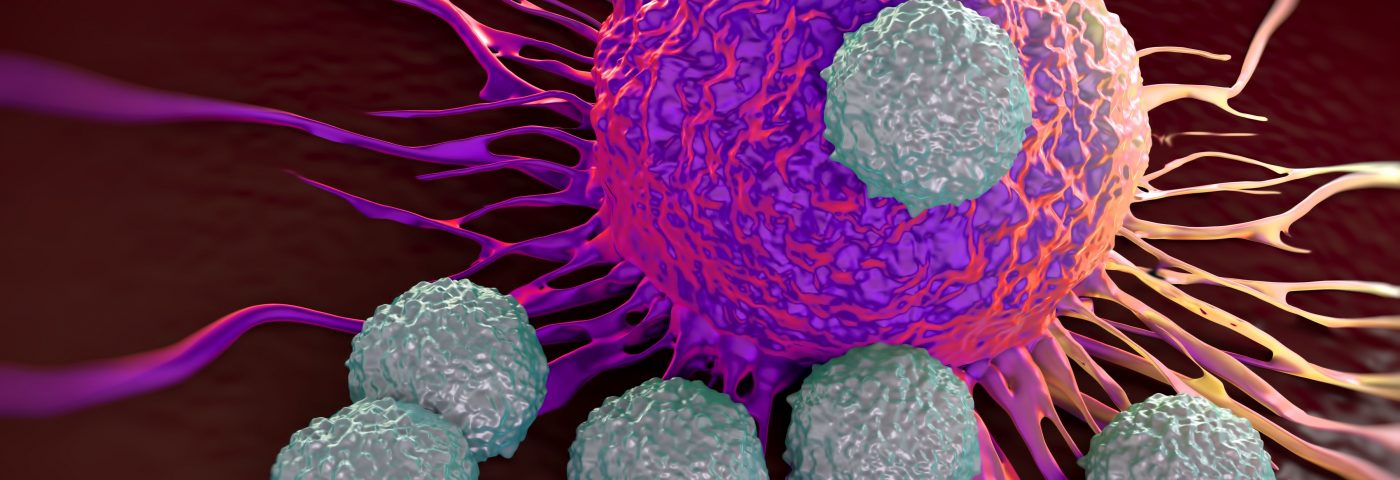BeiGene has presented initial results from the ongoing dose-escalation Phase I study of its immune checkpoint inhibitor BGB-A317 to treat patients with a range of advanced solid tumors. The poster presentation was made at the recent 2016 Annual Meeting of the American Society of Clinical Oncology (ASCO) held in Chicago.
BGB-A317 is a monoclonal antibody designed to bind to PD-1, a cell surface receptor that plays a key role in downregulating immune system responses against tumors. BGB-A317 has the potential to restore a T-cell’s cancer-killing ability by inhibiting PD-1 and to allow immune activation against cancer.
Preliminary study results revealed that BGB-A317 was well-tolerated and displayed anti-tumor activity in a number of solid tumors. “BGB-A317 is an interesting molecule that has a unique binding signature to PD-1, high affinity and good target specificity. In addition, BGB-A317 does not bind to any of the Fc gamma receptors,” Jayesh Desai, the study’s principal investigator, said in a press release.
“We are encouraged by the initial clinical data on BGB-A317. We believe BGB-A317’s emerging profile is promising, and we look forward to further data analysis from this dose-escalation study and other studies,” said Eric Hedrick, MD, interim chief medical officer at BeiGene.
Researchers are also developing combination studies of BGB-A317 with other compounds in the company’s portfolio of products, along with external agents, to explore their potential in different clinical settings, Jason Yang, senior vice president, head of Clinical Development at BeiGene, added.
The Phase I trial (NCT02407990) is assessing the tolerability, pharmacokinetics, safety and anti-tumor activity of single-agent BGB-A317 in relapsed or refractory solid tumor patients at six sites in Australia.
A total of 62 patients were treated with BGB-A317 intravenously in escalating doses two times per week (doses range, 0.5 mg/kg to 10 mg/kg). A different group of 38 patients were treated with BGB-A317 every three weeks at either 2 mg/kg or 5 mg/kg. Enrolled patients had 26 different tumor types, and of the four solid tumor indications approved for a PD-1 or PD-L1 antibody, 15 percent were in people with renal cell carcinoma and urothelial carcinoma.
Overall, 94 patients were evaluated for anti-tumor activity, using at least one tumor imaging or clinical progression assessment. Preliminary results included six established and five non-confirmed partial responses (PRs), with three other patients showing substantial tumor reduction that qualified for a PR at an initial imaging assessment although this was not confirmed eight weeks later.
Responses to treatment included three PRs (one confirmed and two unconfirmed) in five patients with urothelial carcinoma, two PRs (one confirmed and one unconfirmed) in four patients with gastric cancer, two PRs (one confirmed and one unconfirmed) in two Merkel cell carcinoma patients, one PR (confirmed) in eight renal cell cancer patients, one PR (confirmed) in one colorectal cancer patient, one PR (confirmed) in one patient with penis squamous cell carcinoma, and one PR (unconfirmed) in seven mesothelioma patients. In addition, two of 22 ovarian cancer patients and one in five cervical cancer patients had significant tumor reduction qualifying for a PR in an imaging assessment.
The tumors of remaining patients, whose best response was stable or progressive disease, included esophageal, endometrial, sarcoma, gallbladder, adenocarcinoma of mandible, cholangiocarcinoma, hepatocellular, undifferentiated adenocarcinoma from teratoma, nasopharyngeal anal squamous cell, breast, duodenal, pancreatic, and thyroid cancers, glioblastoma, cutaneous squamous cell and adenoid cystic carcinomas.


